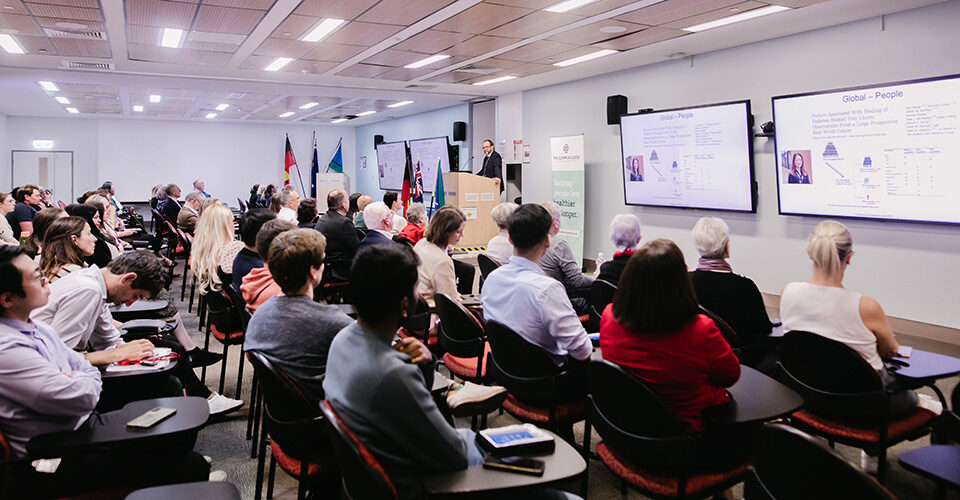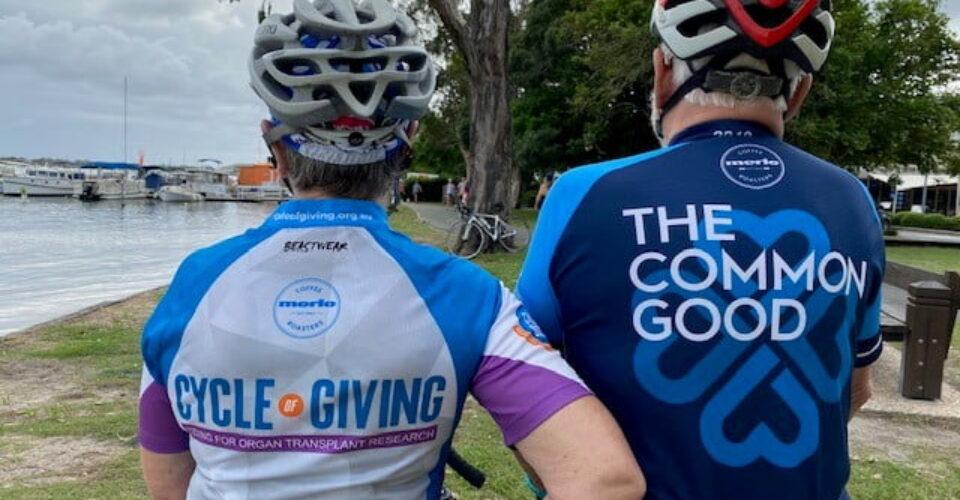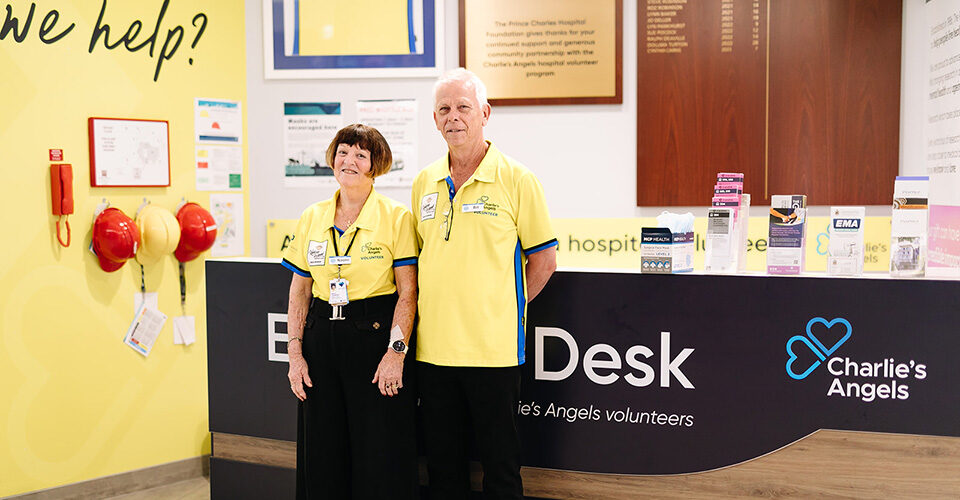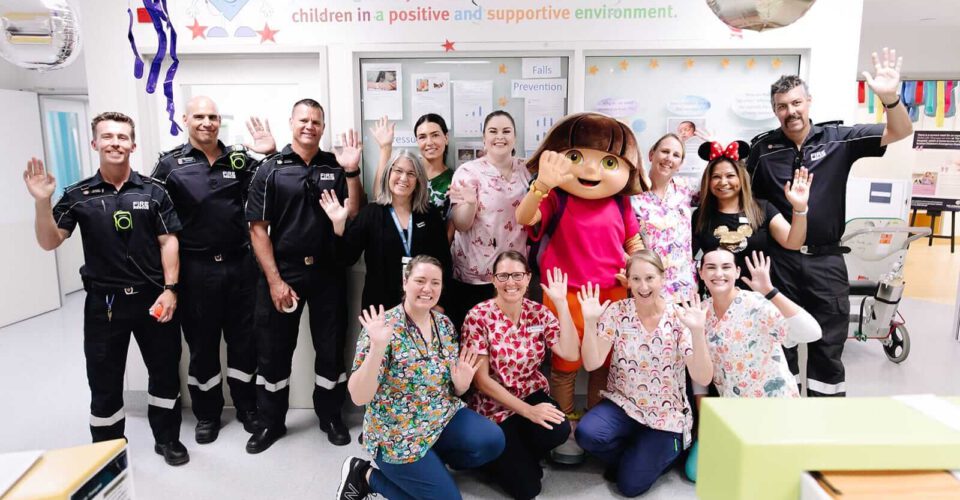Across the globe, someone loses a leg every 20 seconds because of Diabetes Foot Disease (DFD). While DFD was widely known to be the leading cause of amputations, what is now known is that globally, it is also a leading cause of poor quality of life, disability, and hospitalisations. In fact, DFD accounts for about 2% of the global disease burden.
“Diabetes Foot Disease is the 13th largest cause of the global disease burden and has a similar sized burden to dementia and breast cancer combined… and it’s growing. Yet, until recently, few people knew what DFD was, let alone how big its burden was,” said Associate Professor Peter Lazzarini.
A/Prof Peter Lazzarini, The Prince Charles Hospital’s 2023 research of the year and a podiatrist who completed his PhD at The Prince Charles Hospital on the burden of DFD in inpatient populations in 2016, was behind much of this new knowledge and has been continually surprised to explore the extent of DFD’s disease burden.
“When I first started practising, I was shocked by how many patients with DFD were in different wards having amputations, yet little focus seemed to be on these patients, unlike other diseases with similar or fewer patients. When I alerted managers to the numbers I was seeing, they would ask for evidence of how big the DFD burden was, but unfortunately, at that time, there was no evidence that quantified the DFD problem. This is what led to my PhD,” A/Prof Lazzarini said.
In 2023, A/Prof Lazzarini published 15 peer-reviewed papers on DFD. He was the first author of the award-winning paper, A new declaration for feet’s sake: Halving the global diabetic foot disease burden from 2% to 1% with next-generation care.
The findings stress that global policymakers should start to provide the same focus on reducing the DFD burden as they do for conditions with similar disease burdens, such as stroke.
For this and other work, A/Prof Lazzarini was awarded the prestigious 2023 International Rising Star award at the 9th International Symposium on the Diabetic Foot for his research to better understand and reduce the burden of DFD globally.
“It was nice to be the first outside of Europe and the US to receive one of these international DFD awards, but more importantly, it really was great recognition of the collective work being done in the DFD field around Australia by literally hundreds of clinicians, researchers and students, that is helping to improve DFD care and research globally,” A/Prof Lazzarini said.
While A/Prof Lazzarini’s research has focused predominately on quantifying DFD burdens, he has also co-led the development of multiple national and international DFD guidelines to improve clinical outcomes for people with DFD.
In 2023, A/Prof Lazzarini was also the first author of the Australian evidence-based guidelines for the prevention and management of diabetes-related foot disease.
“We adapted the international guidelines to the Australian context with 30 experts around Australia. There were 100 recommendations in the international guidelines, and we came up with 98 recommendations across six guidelines. Now, it’s about ensuring they don’t sit on shelves and that they are implemented into clinical practice at the end of the day.”
A/Prof Lazzarini described DFD as “like a modern-day leprosy hidden in a shoe” due to the inability of people with DFD to feel damage and ulcers on their feet. A large portion of those affected are middle-aged men, a demographic that A/Prof Lazzarini explains is traditionally more challenging to engage to look after their health, and the demographic is getting younger.
People with DFD have a huge amount of care to carry out – monitoring their blood glucose levels regularly, taking medications, seeing their doctors and nurses, and then with their feet, they need to also change dressings, wear moon boots, check for infections, etc. So, we see a lot of treatment burnout in people with DFD – A/Prof Peter Lazzarini
In 2023, a feasibility study of the MyFootCare Smartphone app prototype – an app that helps people with DFD care for their own feet outside of the clinic by allowing them to take “foot selfies” and automatically track the progress of their DFD and remind them of the care tasks needed for their feet – was published by A/Prof Lazzarini and several peers, with thanks to funding from The Prince Charles Hospital Foundation.








